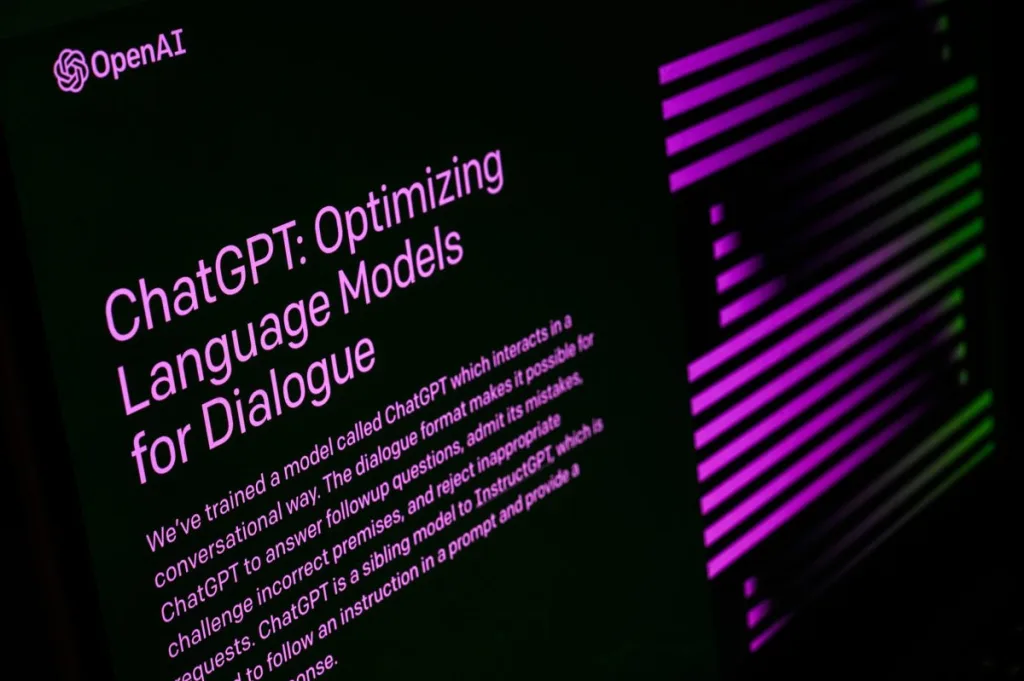Rishika Aradhya, Pune
The artificial intelligence company OpenAI, which essentially began the discussion about AI among average, non-technical people, maybe in serious jeopardy.
According to a report by Analytics India Magazine, Sam Altman’s AI development company may soon have to file for bankruptcy due to its efforts to become the face of generative AI through its AI chatbot, ChatGPT.
Apparently, running only one of OpenAI’s AI services, ChatGPT costs the company $700,000 every day. As a result, Sam Altman’s OpenAI is currently depleting its financial resources. Furthermore, OpenAI is currently not making enough money to break even despite its efforts to monetize GPT-3.5 and GPT-4. Consequently, a worrying situation is developing.
Sam Altman and OpenAI are at odds
Sam Altman’s recent public activities, along with OpenAI’s push toward profitability, show a lot of things. Altman might not put the bottom line first, but OpenAI does. Sam Altman has made multiple public statements that essentially claim that AI if left unchecked by the government, will prove to be terrible. This is in contrast to OpenAI, which is regularly investing more money towards making their GPT LLMs more powerful and intelligent.
In fact, Altman has been candid about the necessity of rules governing the creation of AI. On multiple occasions, Altman has stated that AI in its present form will eliminate millions of jobs.
Although it seems like a far-fetched interpretation of the circumstances, some tech experts would even go so far as to claim that Altman is experiencing a Frankenstein moment in which he is somewhat sorry for the monster that he has made.
Despite this, OpenAI has been searching for fresh and improved approaches to profit from its GPT-4 LLMs. It hasn’t, though, turned a profit. Since the creation of ChatGPT, its losses have topped $540 million.
With the help of several other venture capital firms and Microsoft’s $10 billion investment, OpenAI has managed to stay afloat for the time being. However, considering its growing losses, OpenAI’s forecast of generating $200 million in yearly income in 2023 and aiming for $1 billion in 2024 appears overly optimistic, according to Analytics India Magazine.
Staffing Problems
A major tech company or a conglomerate might buy OpenAI if it files for an IPO. Its present investors would greatly benefit from this as an exit route. However, there are various problems that could prevent an IPO, which would then result in a lower value.
Currently, OpenAI is experiencing significant attraction rates. They are not, as a rule, laying off workers like the rest of the technology sector. However, they are losing staff members, or, rather, some of their best talent, as their employees are continually being poached by their rivals.
AI businesses are still plagued by shortages of enterprise-level GPUs.
The persistent dearth of enterprise-level GPUs makes issues even more difficult. Due to the tech conflict between the US and China, all enterprise-level GPUs are being purchased by intermediaries by AI and internet businesses in China. Some of them have even been able to collaborate directly with well-known manufacturers of AI chips.
According to a recent SCMP article, several Chinese tech businesses have ordered a whopping $5 billion worth of NVIDIA’s A800 and A100 AI chips, which are expected to be delivered by 2024.
The lack of GPUs on the market, according to Altman, is impeding the company’s capacity to improve and develop new models. The most recent trademark application for “GPT-5” by OpenAI shows that they want to keep training models. The output quality of ChatGPT has, however, noticeably declined as a result of this endeavor.
Together, these factors—increasing financial losses, dwindling user base, inability to provide steady and significant revenue, and deteriorating stellar product quality—mean one straightforward thing. OpenAI is in serious jeopardy and has to find a speedy path to profitability.
